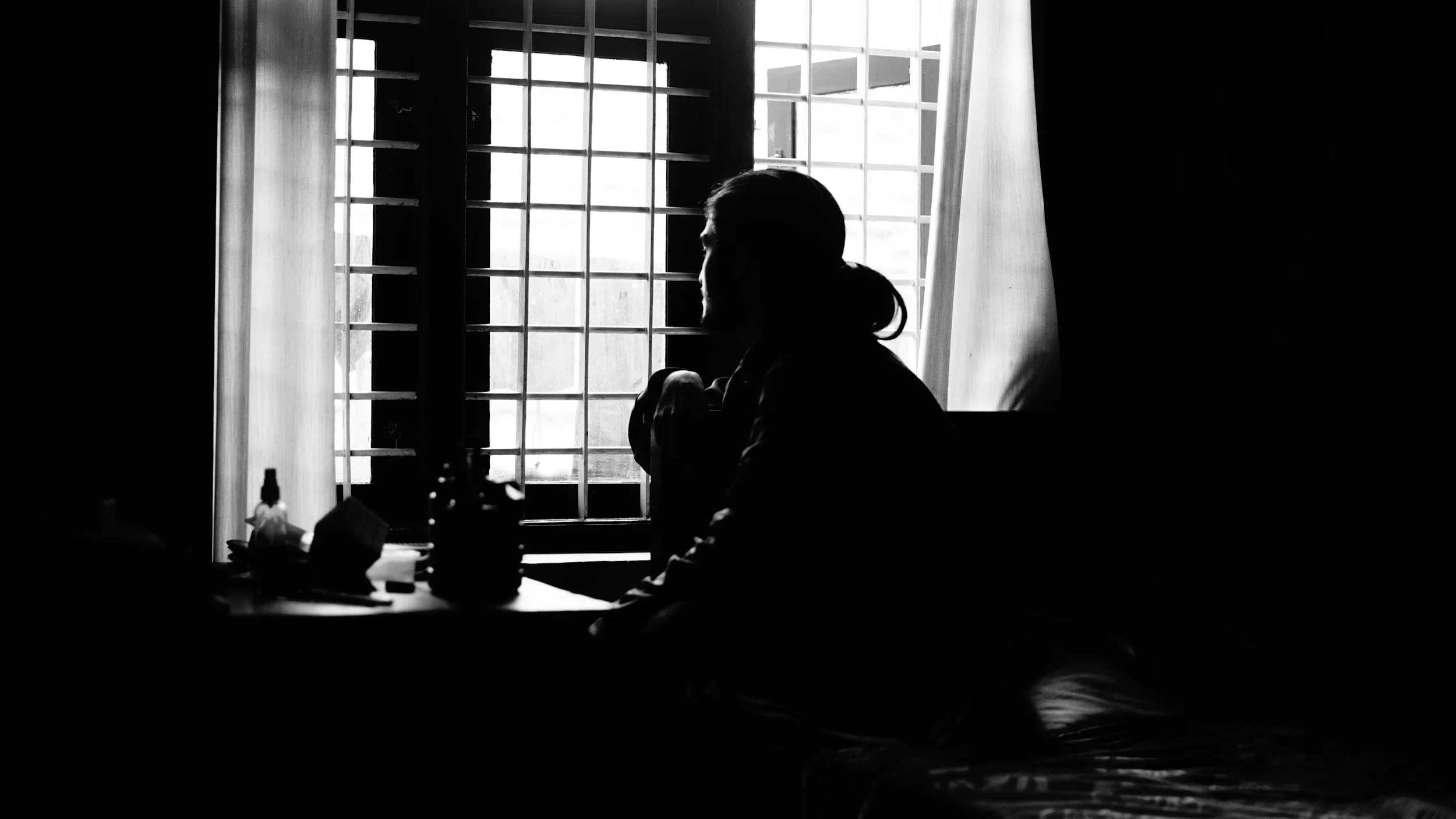Living With the “Big Why”: Understanding Everyday Existential Anxiety
Most of us don’t walk around quoting Kierkegaard or Camus. But almost everyone, at some point, has thought, “What am I doing with my life?” while scrolling social media at midnight or sitting in traffic. That flutter of unease isn’t just stress or burnout. It’s a brush with existential anxiety—the unsettling awareness that life is finite, choices are endless, and meaning isn’t handed to us ready-made.
Unlike clinical anxiety, which centers on specific fears or symptoms, existential anxiety is about the bigger picture. It’s the moment when you realize that your job title, your relationship status, or your curated feed can’t fully answer the question of why you’re here. That realization can feel like dread, but it’s also a normal part of being human. In fact, psychologists view it as a developmental milestone: When we’re able to see life’s impermanence and freedom, we’re also capable of living more authentically.
Why It Feels So Heavy
Existential dread often shows up at transitions—graduations, career shifts, the birth of a child, a health scare, or even just a milestone birthday. Anything that shakes our routine can make life’s uncertainty more visible. This isn’t a sign of weakness. Our brains are wired to look for patterns and predict outcomes; when the future feels open-ended, it triggers a natural alarm.
Social media amplifies this. We’re constantly exposed to snapshots of other people’s choices, which can make our own path feel comparatively unsteady. We don’t just wonder, “Am I on the right track?” We wonder, “Is there even a track?”
From Dread to Depth
The good news: Existential anxiety isn’t only a problem to solve, it’s also a signal. When you feel that familiar “What’s the point?” ache, you’re noticing that something in your life wants more attention or honesty. Here are a few gentle ways to work with it:
Name it. Simply acknowledging “This is existential anxiety” can shrink its power. You’re not “failing at life”—you’re experiencing a very human reaction to uncertainty.
Return to your values. Instead of chasing a perfect answer, ask, “What feels meaningful right now?” Small, values-based choices—calling a friend, volunteering, creating something—anchor you when the big questions feel unanswerable.
Limit the comparison loop. Reducing endless exposure to other people’s highlight reels makes space for your own voice to emerge.
Allow awe. Time in nature, art, music, or spiritual practice can reconnect you to a sense of mystery that’s bigger than dread.
A (Painfully) Normal Part of Being Human
Existential anxiety isn’t a glitch in your system. It’s evidence of consciousness—the same capacity that lets us love deeply, imagine futures, and create meaning where none is prewritten. When treated as an invitation rather than a threat, existential anxiety can guide you toward a life that feels less like performing and more like living.
You don’t have to answer every big question to move forward. You just have to keep asking them with curiosity instead of panic. In that sense, existential anxiety isn’t only something we endure. It’s a reminder that we’re alive, aware, and free to shape our own story.

